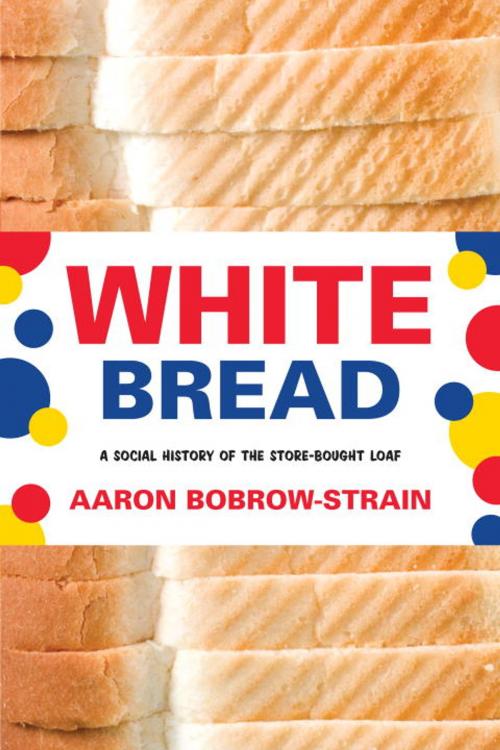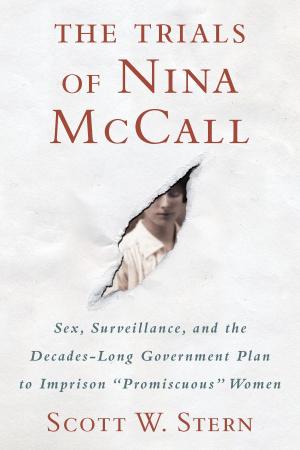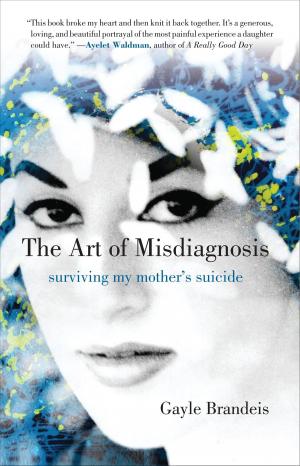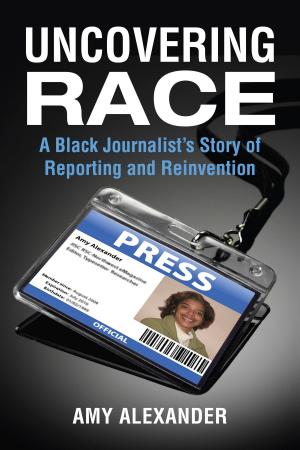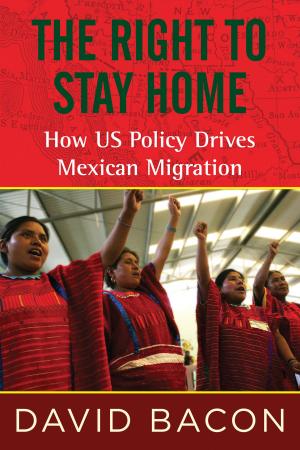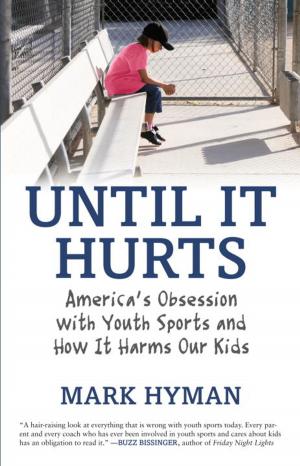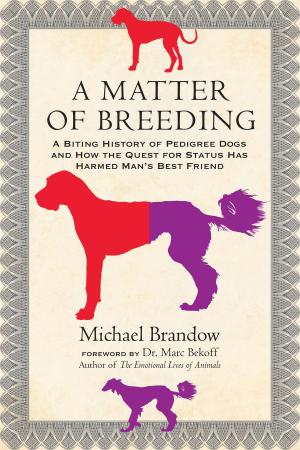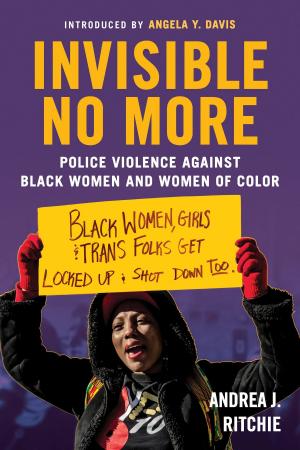White Bread
A Social History of the Store-Bought Loaf
Nonfiction, Food & Drink, Food Writing, Social & Cultural Studies, Social Science, Cultural Studies, Popular Culture| Author: | Aaron Bobrow-Strain | ISBN: | 9780807044681 |
| Publisher: | Beacon Press | Publication: | March 6, 2012 |
| Imprint: | Beacon Press | Language: | English |
| Author: | Aaron Bobrow-Strain |
| ISBN: | 9780807044681 |
| Publisher: | Beacon Press |
| Publication: | March 6, 2012 |
| Imprint: | Beacon Press |
| Language: | English |
What can the history of America's one-hundred-year love-hate relationship with sliced white bread tell us about contemporary efforts to change the way we eat? Fluffy industrial loaves are about as far from slow, local, and organic as you can get, but the story of social reformers, food experts, and diet gurus who believed that getting people to eat certain food could restore the nation's decaying physical, moral, and social fabric will sound very familiar. White Bread teaches us that when Americans debate what one should eat, they are also wrestling with larger questions of race, class, immigration, and gender. As Bobrow-Strain traces the story of bread, from the first factory loaf to the latest gourmet pain au levain, he shows how efforts to champion "good food" reflect dreams of a better society--even as they reinforce stark social hierarchies.
In the early twentieth century, the factory-baked loaf heralded a new future, a world away from the hot, dusty, "dirty" bakeries run by immigrants. This bread, the original "superfood," was fortified with vitamins and marketed as patriotic. However, sixties counterculture made white bread an icon of all that was wrong with America. Today, the alternative food movement favors foods deemed ethical and environmentally correct to eat. In a time when open disdain for "unhealthy" eaters and discrimination on the basis of eating habits grow increasingly acceptable, White Bread is a timely and important examination of what we talk about when we talk about food.
What can the history of America's one-hundred-year love-hate relationship with sliced white bread tell us about contemporary efforts to change the way we eat? Fluffy industrial loaves are about as far from slow, local, and organic as you can get, but the story of social reformers, food experts, and diet gurus who believed that getting people to eat certain food could restore the nation's decaying physical, moral, and social fabric will sound very familiar. White Bread teaches us that when Americans debate what one should eat, they are also wrestling with larger questions of race, class, immigration, and gender. As Bobrow-Strain traces the story of bread, from the first factory loaf to the latest gourmet pain au levain, he shows how efforts to champion "good food" reflect dreams of a better society--even as they reinforce stark social hierarchies.
In the early twentieth century, the factory-baked loaf heralded a new future, a world away from the hot, dusty, "dirty" bakeries run by immigrants. This bread, the original "superfood," was fortified with vitamins and marketed as patriotic. However, sixties counterculture made white bread an icon of all that was wrong with America. Today, the alternative food movement favors foods deemed ethical and environmentally correct to eat. In a time when open disdain for "unhealthy" eaters and discrimination on the basis of eating habits grow increasingly acceptable, White Bread is a timely and important examination of what we talk about when we talk about food.
